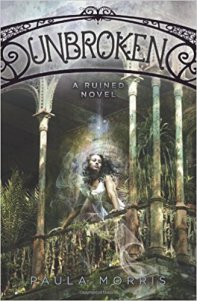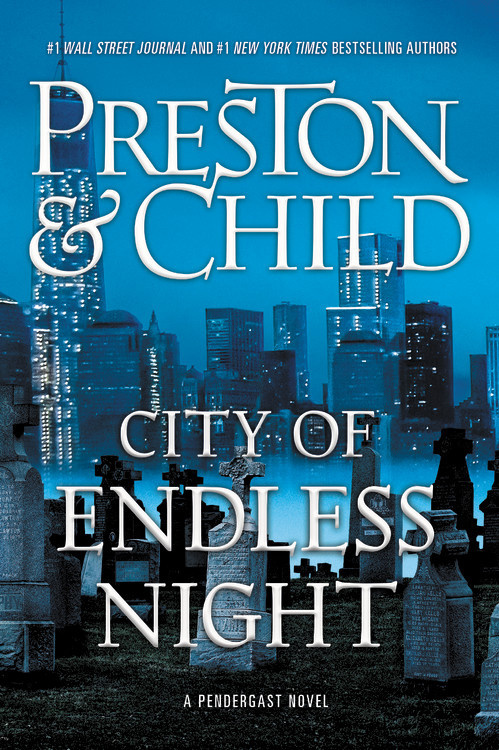 from clairedederer.com
from clairedederer.com
 Not everyone will like (or should like) this fascinating piece by Claire Dederer (@ClaireDederer) in The Paris Review: “What Do We Do With The Art of Monstrous Men?” [link] She begins by contemplating the unassailable fact that many people who have created great art have also done monstrous acts (think of Roman Polanski or Woody Allen).
Not everyone will like (or should like) this fascinating piece by Claire Dederer (@ClaireDederer) in The Paris Review: “What Do We Do With The Art of Monstrous Men?” [link] She begins by contemplating the unassailable fact that many people who have created great art have also done monstrous acts (think of Roman Polanski or Woody Allen).
How do we deal with what they have made after we know what they have done?
As such, it is an interesting piece. What makes it more than another of the many think-pieces about the Trump-Weinstein-Spacey storyline is the fact that she becomes introspective about it without letting go of her appropriate moral outrage:
When you’re having a moral feeling, self-congratulation is never far behind. You are setting your emotion in a bed of ethical language, and you are admiring yourself doing it. We are governed by emotion, emotion around which we arrange language. The transmission of our virtue feels extremely important, and weirdly exciting.
Reminder: not “you,” not “we,” but “I.” Stop side-stepping ownership. I am the audience. And I can sense there’s something entirely unacceptable lurking inside me. Even in the midst of my righteous indignation when I bitch about Woody and Soon-Yi, I know that, on some level, I’m not an entirely upstanding citizen myself. Sure, I’m attuned to my children and thoughtful with my friends; I keep a cozy house, listen to my husband, and am reasonably kind to my parents. In everyday deed and thought, I’m a decent-enough human. But I’m something else as well, something vaguely resembling a, well, monster. The Victorians understood this feeling; it’s why they gave us the stark bifurcations of Dorian Gray, of Jekyll and Hyde. I suppose this is the human condition, this sneaking suspicion of our own badness. It lies at the heart of our fascination with people who do awful things. Something in us—in me—chimes to that awfulness, recognizes it in myself, is horrified by that recognition, and then thrills to the drama of loudly denouncing the monster in question.
In the end, she properly calls attention to the fact that even in the midst of doing something apparently praiseworthy — finishing her writing project — she may do (does do!) some “little savageries” to come to the end of her work.
Either way, the questions remain:
What is to be done about monsters? Can and should we love their work? Are all ambitious artists monsters? Tiny voice: [Am I a monster?]
And the question is a fair one, not just about art, but about all accomplishment.
It is not a comfortable question, and the answer is not that their/your/my monstrosity is a fair trade for the art or the accomplishment, never that. The answer must include the incredible fact of the monstrosity in all of us.
Still, there is a grace that comes in the introspection itself. It is not the final grace, but it is an elegant beginning.
Thank you, Ms. Dederer.
Share this:




